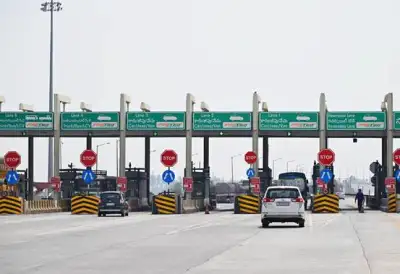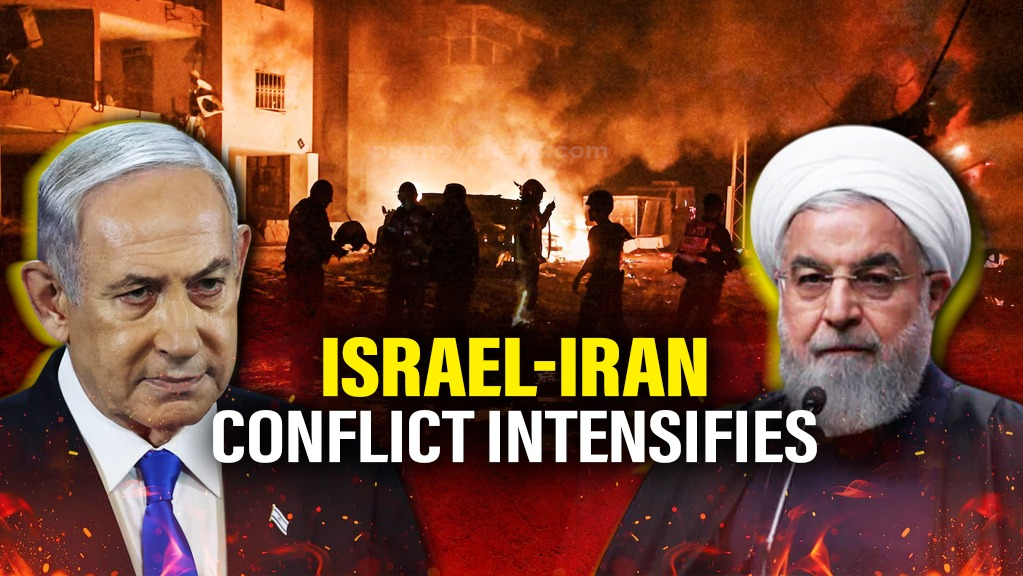

A week of escalating military exchanges between Israel and Iran has pushed the Middle East into a new and dangerous phase, marked by direct strikes on sensitive targets, rising casualties, and a frantic race for a diplomatic solution. As both nations continue to trade missile and drone attacks, the international community is watching with growing alarm, with the United States signaling that a decision on direct involvement is imminent.
The conflict, which began with Israeli airstrikes on Iranian nuclear and military facilities under "Operation Rising Lion," has seen both sides adopt aggressive tactics. Israel's military reported striking dozens of targets in Tehran, including what it described as a nuclear weapons research center and ballistic missile launchers. In a significant and worrying development, Israel has accused Iran of using a missile armed with cluster munitions, a weapon designed to maximize damage over a wide area. Retaliatory strikes from Iran have reportedly hit the Soroka Medical Center in Beersheba, Israel's largest southern hospital, injuring at least 80 people. The human cost is mounting, with reports indicating hundreds have been killed in Iran and dozens in Israel. The conflict has also led to a leadership change within Iran's security apparatus, with Majid Khademi reportedly appointed as the new head of the IRGC's intelligence organization following the alleged killing of his predecessor in an Israeli strike.
Against this backdrop of violence, diplomatic efforts are intensifying. The White House has announced that US President Donald Trump will decide within the next two weeks whether to commit to direct action. This timeline has created a narrow window for diplomacy, which European powers are trying to leverage. Foreign ministers from France, Germany, the UK, and the EU are set to meet with Iran’s Foreign Minister in Geneva to seek a peaceful resolution. British Foreign Secretary David Lammy noted that a "window now exists... to achieve a diplomatic solution," highlighting the urgency of the talks.
The conflict's repercussions are spreading. Australia has suspended operations at its embassy in Tehran, citing the deteriorating security situation. India’s commerce ministry is set to hold an urgent meeting to assess the impact on its overseas trade. Meanwhile, Israeli Prime Minister Benjamin Netanyahu is facing domestic criticism for remarks seen as out of touch, comparing the current crisis to the WWII Blitz while discussing the personal inconvenience of his son's postponed wedding. This internal pressure adds another layer of complexity as his government navigates the escalating conflict and its grave international implications.